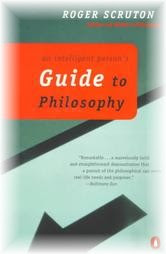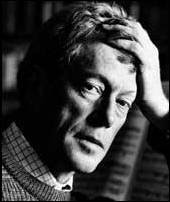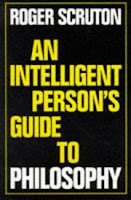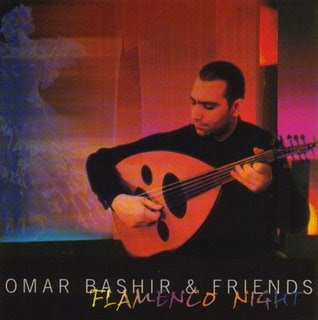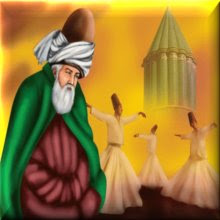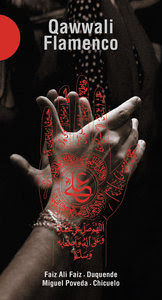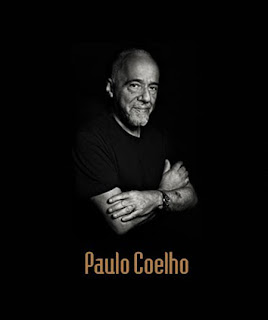
می گفت در بیابان رند دهن بریده--صوفی خدا ندارد او نیست آفریده
Out in the desert,
a loose-mouthed sage was shouting:
a Sufi has no Creator
because he/she is not created yet!

حاصل عمرم سه سخن بیش نیست--خام بدم, پخته شدم, سوختم
The sum of my life
Is no more than these three words:
I was raw, I got cooked, I got burned.

تن خرقه و اندراو دل ماصوفی--عالم همه خانقاه و شیخ اوست مرا
My body is a cloak
and in it,
Lies the heart of a Sufi
The world is a Sufi-Convent
and He,
Is my Spiritual-Guide.

بهر جاییکه سرنهم مسجود او است--به شش جهت و برون از شش معبود او است
He is the One I bow to
Wherever I put my head down
He is the One I worship
In Six Directions or outside the Six.

تن ز جان و جان زتن مستور نیست--لیک کس را دید جان دستور نیست
Nor soul from body
Yet,
No one is allowed to see the soul.

The following is one of my favorite poems of Rumi..it captures the very moment Rumi was notified that Shams Tabrizi had been killed. In complete denial, Rumi desperately questions the messenger, and then begins to resign himself with the irreparable loss of Shams. It's the pure magical manifestation of Rumi's poetic longing for Shams.. The "Sun" being mentioned in the following verses by Rumi is in reference to Rumi's mystical friend, Shams Tabrizi, since Shams in Persian means the sun.
که گفت که آن زنده یی جاوید بمرد--که گفت که آفتاب امید بمرد
آن دشمن خورشید برآمد بر بام--دو چشم بست وگفت خورشید بمرد
Who said,
the "Immortal one" has died?
Who said,
the "Sun of hope" has died?
The enemy of my "Sun"
Came up to the roof,
Closed his eyes and said:
The "Sun" has died.












